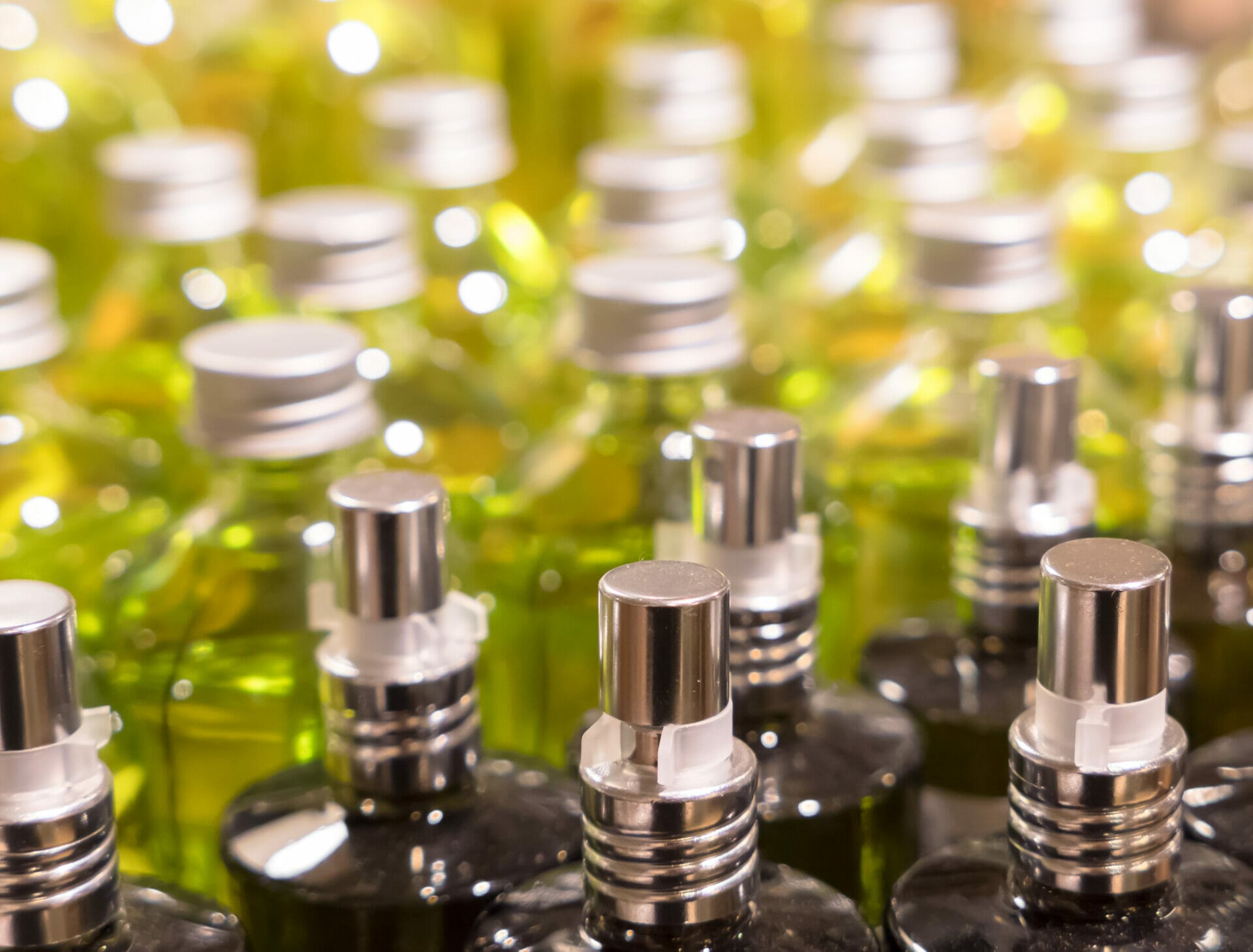What is CGMP?
CGMP, which stands for Cosmetic Good Manufacturing Practices, is the set of guidelines and rules that must be followed by all cosmetic manufacturers.
These comprehensive guidelines help the cosmetic industry produce consistently safe and high-quality products, positioning them as key players in the market.
Good manufacturing practices for cosmetic products help companies identify risks associated with product quality during the manufacturing process.
The success of all cosmetic companies depends on their ability to produce effective, high-quality products that the public can rely on.
Many beauty brands feel apprehensive when it comes to understanding the fundamentals of Good Manufacturing Practices (GMP), as grasping the basics can be extremely beneficial.
The three important aspects of CGMP are:
1. Safety
All cosmetic businesses must ensure that the manufacturing ingredients used are safe for human use.
2. Consistency
Manufacturers must be able to consistently produce safe and effective cosmetics, making consistency a major challenge in cosmetic GMP. They should implement robust quality control measures and have a thorough understanding of the processes involved.
3. Quality
Manufacturers must produce cosmetics that meet high-quality standards. This requires the use of high-quality ingredients and strict adherence to quality control procedures.
The adherence requirements to GMP in cosmetics vary from region to region and country to country. GMPs for cosmetics are mandated by the United Nations and highly recommended in the United States as well.
Regulations and Standards
Cosmetic GMP refers to the guidelines and best practices established for the safe production of cosmetics.
These guidelines cover all aspects of the manufacturing process, from setting standards for raw materials to ensuring the quality of finished products, packaging, storage, and shipping.
They aim to prevent production errors, contamination, and maintain high-quality standards.
1. Documentation and Record Process
The process of documenting production procedures is crucial in CGMP. This involves creating written records that outline how tasks are performed.
These records serve as a quick reference and include specific batch numbers and timestamps. They are used to address any issues that may arise.
2. Infrastructure Facilities
The cosmetic business center must have a clean, safe, and hygienic environment with minimal risk of contamination.
Facilities should be organized systematically, with regular sanitization, pest control practices, and proper cleaning. Plumbing, electrical systems, and other heating or cooling mechanisms should be periodically checked.
Additionally, access to the production floor should be restricted to authorized personnel only.
3. Equipment
Tools, utensils, and measuring instruments must be kept clean to prevent contamination of finished cosmetics. They should be properly cleaned and stored.
4. Trained Personnel
All team members should receive proper training in handling maintenance, production, quality control, and safety equipment.
5. Raw Materials
Labelling and organizing raw materials with identifiable information such as name, batch number, and control status helps track them at any point during the manufacturing process.
Water, colorants, and permitted cosmetic ingredients should also undergo appropriate quality measures to ensure the safe production of cosmetics.
6. Standard Operating Procedures (SOPs)
Guidelines recommend establishing SOPs for all production processes. This documentation contains detailed instructions and clarifications on how specific productions should be conducted.
7. Labs
Testing of raw materials and product samples, both in-process and after completion, should be conducted to ensure compliance with standard quality criteria and specifications.
While many small businesses may not have a dedicated testing laboratory, it is important to have protocols in place to regularly examine raw materials and finished products for purity issues.
8. Audit Checks
Treating internal audits as self-checks helps analyse the performance of the quality management system. Regular internal audit checks allow cosmetic businesses to assess their performance metrics.
9. Grievances
Any registered complaints should be thoroughly evaluated and properly recorded. As complaints can be verbal or written, a proper SOP should be followed and documented accordingly.
The logging and review processes for complaints should be straightforward so that businesses can quickly identify safety or quality issues.
10. Colour and Odour
The colour or odour of a product can indicate contamination. Any reactions or irritations caused to the human body while using cosmetics should be carefully evaluated. Special instructions on how to use the cosmetics should be provided in response to such issues.
Conclusion
Good Manufacturing Practices (GMP) play a vital role in ensuring the safety and quality of cosmetic products. These guidelines and regulations provide clear instructions for cosmetic manufacturers to follow during the production process.
By adhering to GMP standards, businesses can produce cosmetics that are safe for human use and meet high-quality standards.
It is important for cosmetic companies to understand and implement GMP practices, as they help build trust with consumers and ensure the success of their products in the market.
If you’re interested in creating your own line of cosmetics, you can arrange a meeting with our specialists, who specialize in cosmetic OEM products.
Ori Bionature Sdn Bhd, an established cosmetics contract manufacturer (also known as an OEM cosmetics manufacturer) in Southeast Asia, produces a wide range of cosmetic OEM products for global cosmetic brands.

